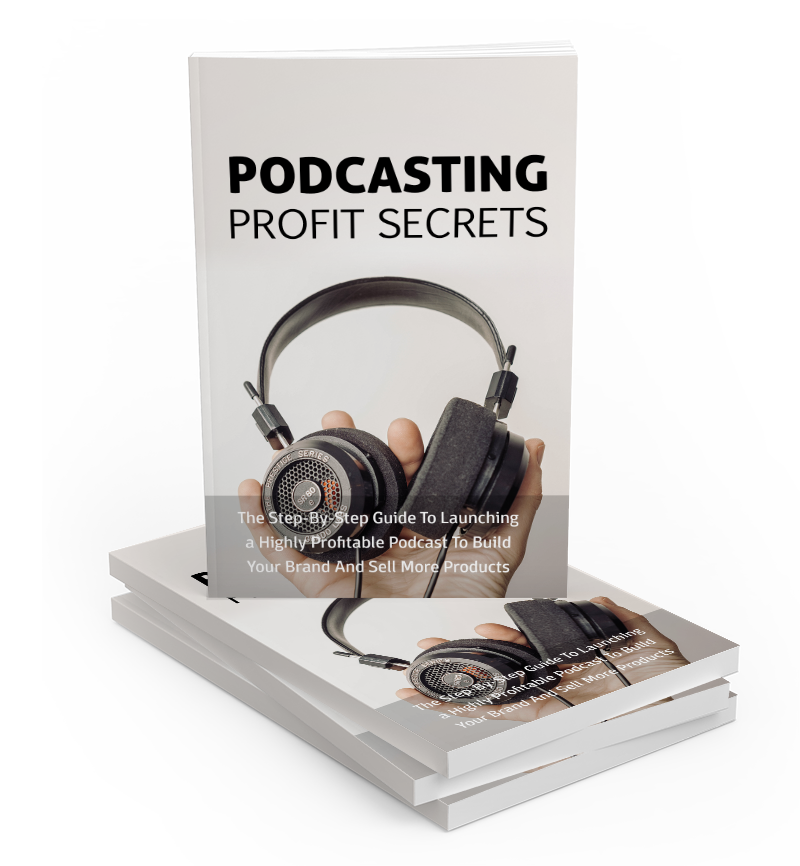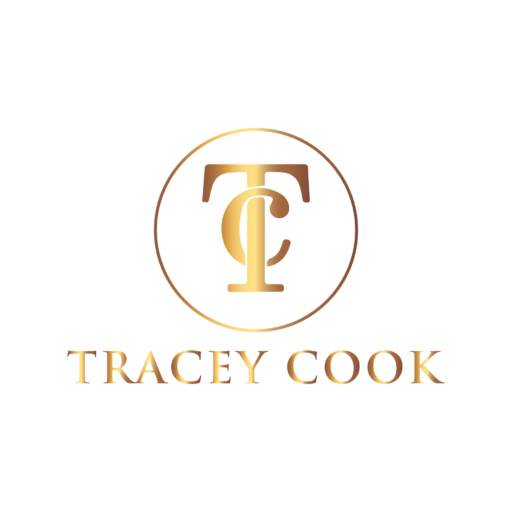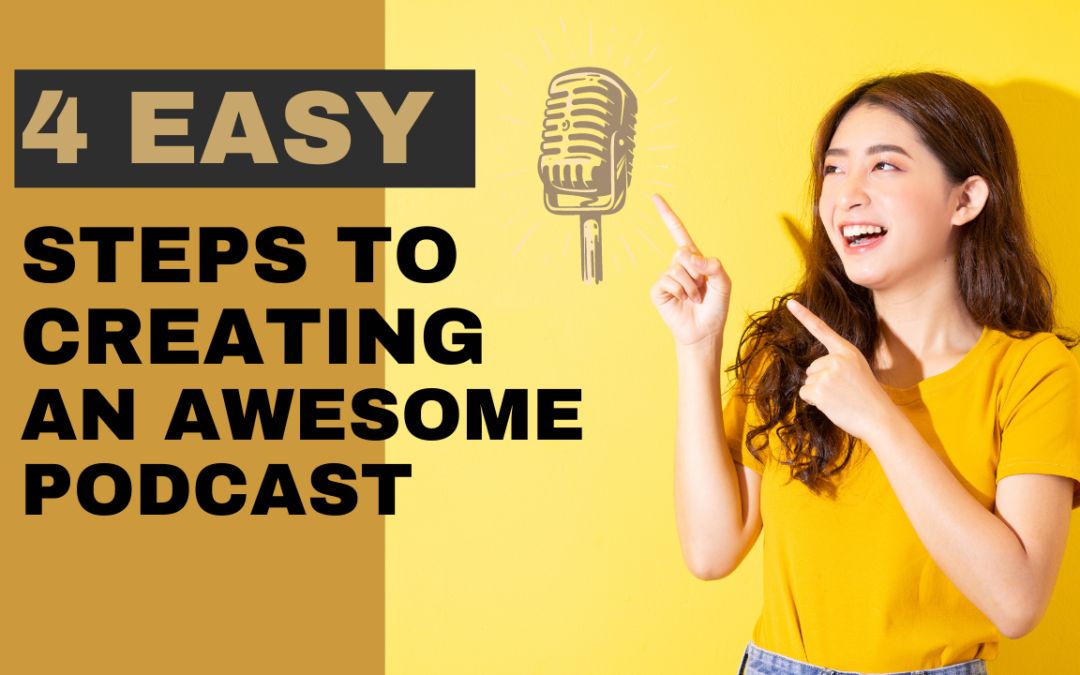4 Easy Steps to Starting an Awesome podcast
1. Create a strong podcast topic and brand
This is incredibly important, especially in this day in age, where there are thousands of podcasts streaming daily. Here are some questions to ask yourself when developing and creating a podcast topic and brand:
- Firstly, is the podcast name, brand, and topic easy to understand for people? Does it take more than 30 seconds for a person to get what your podcast is about, and see the value in listening, downloading, and possibly subscribing? Like any successful brand, your podcast must be simple, and easy to understand. People can’t be left clueless or curious when they stumble upon your podcast.
Think about some successful podcasts out there — from branded ones to originals — most of these podcasts, you understand what the podcast is about very quickly, or at least get the gist of the subject matter. Podcasts should inform and entertain, not confuse, so be sure your branding and topic is easily understandable. - Secondly, is your podcast topic or theme relevant and beneficial to a large audience or demographic? You might be passionate about something, but will millions of other people be just as passionate? The overall goal for most podcasts is to grow and have a large audience base, but to do that, you need a podcast topic you are passionate about and can talk about for weeks on end, but still benefits and interests a captivated audience. 4 Easy Steps to Starting an Awesome podcast
It’s important, in a popular space like podcasting, to create an incredibly strong brand with a simple, relevant, and beneficial subject matter. If you do this, you’ll start off strong when building your show.
2. Develop a system for consistency
Like any successful media type, you need consistency in the content, and in this case, the episodes you record and put out there. Yes, quality is as important, but consistency is key to maintaining an audience, as well as growing it. When you start planning your podcast, you have to determine several things, and consistency is vital in those decisions.
You must have consistency in when you air your podcast. Set your standard publishing schedule — weekly, bi-weekly, or monthly — and publish on a specific day, then don’t stray from that set pattern, unless you share the change with your audience.
Beyond that, you must have consistency in who hosts the show. Is it just you or are you co-hosting with others? Are these people you’re co-hosting with able to meet and record weekly, bi-weekly, or even monthly episodes? Part of what makes a podcast successful is the culture and fandom built on the personalities of the hosts and how they interact with each other. If you can’t build that culture based on consistency, then find another host, or stick to a podcast theme that you can develop on your own.
Finally, you must have consistency in the subject matter, and this goes hand-in-hand with developing your podcast brand and theme. If you want to create a podcast that airs weekly and want it to last for the long term, you have to have enough content or subject matter to make that possible, and still be interesting and valuable with every episode.
Consistency is incredibly important to any successful media type, but especially important to a show or podcast. If you can’t create consistency in your publishing rate, hosting, and content, your podcast will falter.
3. Invest in equipment for quality sound and video
Quality audio is incredibly important to a podcast, both when you’re just beginning and when you’re a well-established show. Background noise or hollow audio that sounds like it was recorded on your phone, will inevitably lead to a loss in listeners. Even if you have a fantastic podcast brand and theme, if you lack quality, the show will suffer.
Now, it doesn’t take the very best external mics and audio equipment on the market, and there are fantastic options for every budget, that produce quality results.
Check out my favourite Blue Yeti Mic
4. Have a distribution plan
No matter how small your launch is, you have to put in the work to make it big.
Host your podcast on every major podcasting platform. But don’t just focus on Apple, Spotify, or even Google Podcasts. Some of the biggest podcasts have blown up on smaller platforms like Stitcher or Overcast, and then picked up steam on the large platforms. Once you have an RSS feed or have a service hosting your RSS feed, and you can share on any platform, do it. It will benefit your podcast in the long run.
I highly recommend Buzzsprout for hosting, then submit your RSS Feed to all the other directories all from your Buzzsprout back office. In addition to capitalizing on the platforms you host on, be sure to heavily promote and share your podcast. Your podcast should be integrated into your personal brand and any marketing channel you have, from your website to your social media pages. If you aren’t constantly pushing and promoting your new podcast, you aren’t taking advantage of the incredible marketing available in today’s day and age. Promote and share your podcast early and often, and you’ll see it grow, and hopefully gain momentum.
When you create, record, and start a podcast, you have to get it out there for people to discover and listen to.
If you are considering starting your own Podcast to amplify your voice and messages of impact, I have just launched my Podcasting Profits Secrets Course, that takes you step by step to go from concept to Launch



Recent Comments